Many business owners and investors wonder how asset searches are used in business due diligence. The answer is simple — these searches reveal the truth behind financial claims, ownership, and liabilities before any deal is finalized. In Seattle and across Washington State, they help protect companies from hidden risks and ensure every partnership begins with transparency and trust.
Under the Fair Credit Reporting Act (15 U.S.C. § 1681b), investigators may only access consumer or credit information when a lawful purpose exists. This includes credit evaluations, debt recovery, or active litigation. Following these federal standards keeps each investigation ethical, accurate, and compliant with the law.
By working with experienced Seattle private investigators, businesses gain a clear picture of financial stability before making commitments. Lawful asset searches safeguard investments, strengthen negotiation power, and build confidence in every corporate decision.

What Asset Searches Reveal
Asset searches uncover financial truths that determine a company’s stability and credibility. They help businesses verify ownership, identify risks, and ensure full transparency before major transactions.
Core Financial and Property Findings
A thorough asset search reveals real estate ownership, property valuations, and unpaid tax obligations that may affect business value. Investigators review corporate registrations, UCC filings, and bankruptcy data to assess financial standing. With help from a private investigator, businesses gain verified insights into assets and liabilities before making critical decisions.
Red Flags Identified Early
Detecting problems early can protect a company from future losses. Asset searches expose rapid asset transfers, hidden LLC structures, and undisclosed debts that threaten deal integrity. Working with experienced private investigators in Seattle, WA ensures transparency and builds trust throughout the due diligence process.
Lawful and Ethical Standards
Federal Privacy and Compliance Rules
Professional investigators must operate strictly within federal and state privacy laws.
- Lawful access only: No pretexting, hacking, or intrusion into private bank or personal accounts.
- Driver’s Privacy Protection Act (18 U.S.C. § 2721): Limits access to DMV data and allows use only for defined purposes such as litigation, fraud prevention, or lawful enforcement.
- Purpose verification: Written documentation and secure handling procedures ensure each investigation meets compliance requirements.
Ethical Best Practices
Maintaining ethical integrity is central to every investigation.
- Legitimate purpose: Each client request must have a clearly documented and lawful reason.
- Accuracy and relevance: Reports include only verified and necessary information.
- Data protection: Findings are stored securely and destroyed responsibly under retention policies.
Business and Institutional Applications
Asset searches serve as essential tools for corporate and institutional decision-making. They ensure compliance, reduce financial risks, and verify that every transaction or partnership is built on trust and transparency.
Corporate Due Diligence
Businesses use asset searches in mergers, acquisitions, and partnerships to verify actual net worth and uncover hidden liabilities. These investigations also help regulated sectors like banking and finance meet AML and KYC compliance standards. By working with professional investigators, companies can detect undisclosed affiliates, conflicts of interest, or exposure to potential legal risks before finalizing deals.
Sector-Specific Use Cases
Medical providers and nursing homes rely on HIPAA-compliant investigations to confirm vendor integrity, licensing, and financial reliability, and HCA guidelines. School boards use asset searches to evaluate employee and contractor backgrounds before hiring. With support from a local private investigator, property managers verify tenant reliability and confirm collateral ownership before lease approval.

How Investigators Collect and Verify Data
Accurate information is the foundation of every lawful asset search. Investigators rely on verified data sources to ensure findings are factual, consistent, and admissible in legal or corporate proceedings.
Lawful Public Records
Investigators gather information from county assessor and recorder offices to verify property ownership and deeds. They access Washington Secretary of State databases to review corporate registrations and UCC filings. Using federal court systems such as PACER, we check for bankruptcy cases, judgments, or ongoing litigation that could affect financial credibility.
Cross-Verification and Validation
Cross-referencing data ensures accuracy and strengthens investigative findings. Professionals match names, addresses, EINs, and related entities across multiple jurisdictions. Working with a Seattle private investigator helps confirm verified holdings, flag inconsistencies, and trace asset movements over time for a complete financial picture.
Washington-Specific Legal Framework
Asset searches in Washington must follow strict state and federal guidelines. Investigators ensure every inquiry aligns with privacy laws and ethical reporting standards to protect both clients and data subjects.
State-Level Data Access Rules
The Washington Fair Credit Reporting Act (RCW 19.182.020) permits access to consumer or credit data only for legitimate purposes such as credit evaluation or debt collection. Agencies must verify the client’s identity, document lawful intent, and maintain certification records for each report.
Local Compliance Expectations
Investigators maintain separation between open-source intelligence and consumer report data to uphold confidentiality. They follow HIPAA and state privacy rules when handling healthcare-related inquiries. Partnering with a Seattle private investigator ensures that only lawful and admissible sources are used in Washington courts.
Reporting and Client Deliverables
What Clients Receive
Each client receives a clear, professionally structured report that supports confident decision-making.
- Comprehensive findings: Source-verified summaries of assets, liabilities, and ownership networks.
- Transparency: Clearly labeled sections distinguishing verified data from unverified or pending sources.
- Visual analysis: Charts and diagrams that map relationships between entities, principals, or corporate interests.
- Supporting documentation: References and evidence attached for audit or legal verification.
Decision-Making Value
Accurate investigative reporting adds measurable value to corporate and legal strategy.
- Risk assessment: Enables businesses to adjust investment terms, lease agreements, or credit limits.
- Defensible documentation: Provides reliable evidence for audits, litigation, or board reviews.
- Compliance assurance: Demonstrates thorough due diligence before finalizing acquisitions, partnerships, or large-scale transactions.
Conclusion
A well-executed asset search helps Seattle organizations protect themselves from hidden financial risks and potential compliance issues. It provides a clear picture of ownership, debts, and liabilities, allowing businesses to make decisions with confidence and transparency.
Professional investigators follow strict procedures to ensure every detail is verified and accurate. By maintaining ethical standards and using only lawful data sources, they deliver reliable findings that support strong, secure, and trustworthy business relationships across Washington State.
At KCA Investigations, we understand how crucial accurate financial intelligence is for your business decisions. Our team conducts detailed, compliant asset searches that uncover the facts you need to move forward with confidence. Contact us today at (971) 804-8993 or use our Request Form to discuss your case. Take the next step and let our investigators help protect your organization’s interests.
